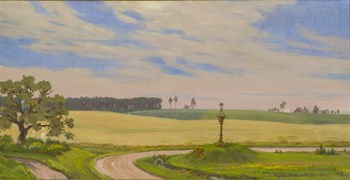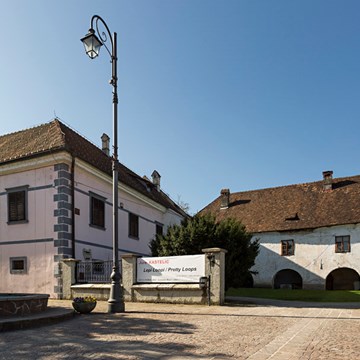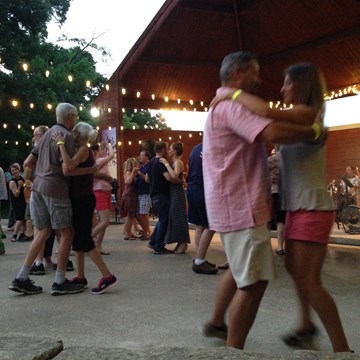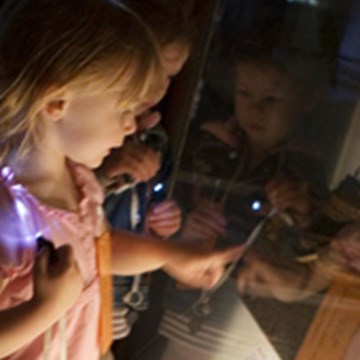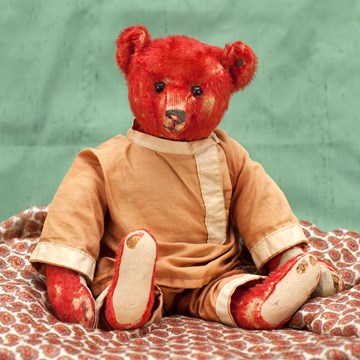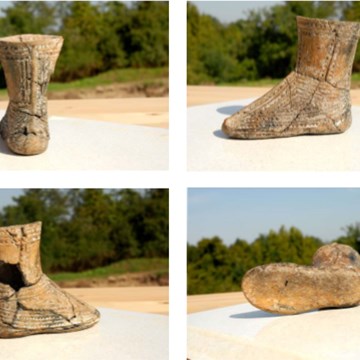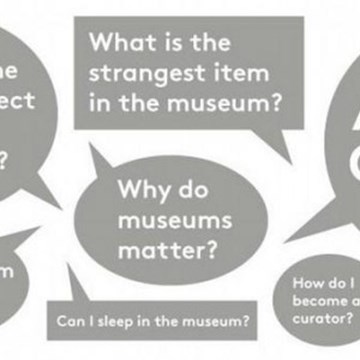Exhibition of Dogu Bankov "I am the enemy you killed, my friend"
This exhibition is based on the texts that British composer Benjamin Britten (1913–1976) (Baron Britten of Aldeburgh, OM CH) used for his War Requiem from 1962, written for the (re-)consecration of Coventry Cathedral.
The 37 pictures follow the text without being direct illustrations. Even the Biblical references has been ‘taken out of time’ to indicate that the feelings of anger and hatred is not limited to the world wars alone but, unfortunately, to every day of our existence.
The texts from the Requiem are the Latin “Missa pro Defunctis” and some of Wilfred Owen’s war poems. These two texts stand in sharp contrast to each other. The Latin mass is the bearer of tradition and the unalterable belief in the unity in Heaven. Owen’s poems, written by a soldier aged 25 who were shot dead one week – almost to the hour – before the armistice November 11th 1918.
Here the words are from one who after the life and deaths in the trenches has lost the hopes of God’s mercy. Wilfred Owen’s mother received the news of his death and his awarded Military Cross just as the church bells were proclaiming the peace Owen’s poetry was not popular or well known at the time. Only five of his poems were published in his lifetime. The major poet during WWI was Rupert Brooke who wrote about the radiant British youth who sacrificed themselves for the country.
Owen’s war poems became much more known during and after WWII while many of his other works remained censored or refused printed even up to the mid – 1980s. The reason being that some of them hinted homosexual love and implied that the poet would be gay. Indeed, after Owen’s death his brother and mother faked his diaries and letters so that any trace of his sexuality should remain a secret. If any rumour should leak out Wilfred Owen’s war record would be void and the order of the Military Cross withdrawn.
The Requiem calls for soprano, tenor, baritone, mixed choir, boys ‘choir and symphony orchestra. Britten‘s idea was that one of the three soloists should be Russian, one British and one German. The soprano Galina Vishnevskaya (Hon. Artist of the USSR), the tenor (and Britten’s life partner) Sir Peter Pears CBE and the baritone Dietrich Fisher-Dieskau were selected. However, Moscow refused Ä Soviet Artist could not be on the same stage as a German. But Britten did not give up and in January 1963 he recorded his War Requiem in London with his selected artists.
Exhibition works: 11 11 2018 – 27 01 2019
Exhibitions and events
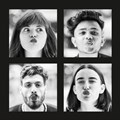
Photo exhibition "Kisses" by Remigijus Ščerbauskas
Temporary exhibition at A. Žmuidzinavičius Creations and Collections Museum / Devils Museum until 31.08.2024In the exhibitions of its collections of devils, Antanas Žmuidzinavičius Creations and Collections Museum introduces works of the photographer on the topic of kisses, where the concepts of intimacy,...
Activities from this museum
We don't have anything to show you here.
